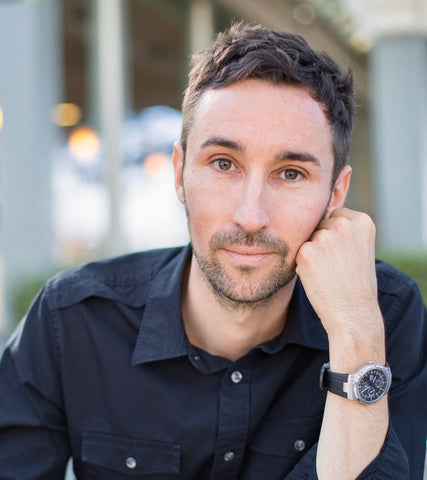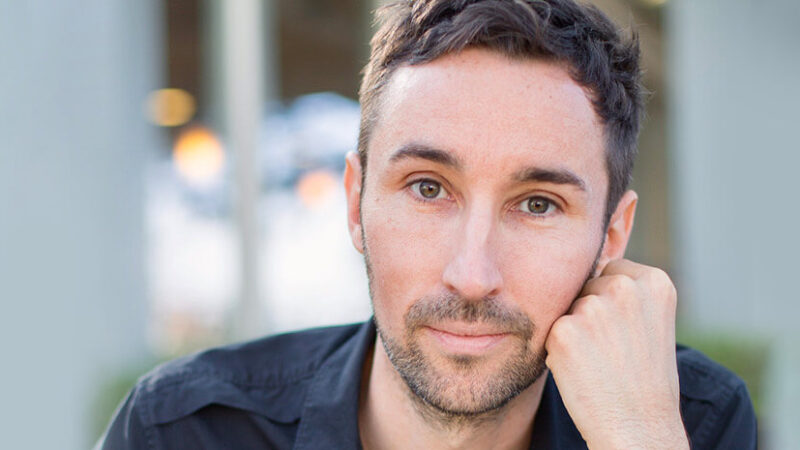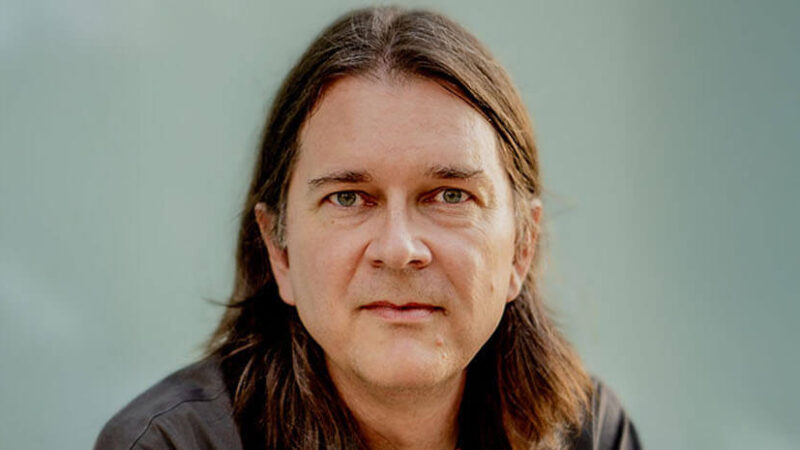David Treleaven, PhD, is a writer, educator, and trauma professional working at the intersection of mindfulness and trauma. He is the author of Trauma-Sensitive Mindfulness and a visiting scholar at Brown University. David is the founder of Trauma-Sensitive Mindfulness (TSM), a community of practitioners committed to setting a standard of care through mindfulness-based practices, interventions, and programs.
Mindfulness meditation, yoga, and other spiritual practices bring many benefits, but for those struggling with trauma, those practices can actually amplify their symptoms. That doesn’t mean they should avoid these practices. By adopting trauma-sensitive principles, those healing from trauma often have the most to gain.
In this episode, Sounds True founder Tami Simon speaks with Dr. David Treleaven, a leading voice in Trauma-Sensitive Mindfulness (TSM), to explore the five principles of TSM, why the breath is not always a neutral or safe object of attention, how to tell if an intense meditation experience is helping or not, when to lean in to your practice and when to change direction, techniques to re-ground and regulate, guidance for meditation teachers, the importance of supportive relationships in TSM, and much more.






